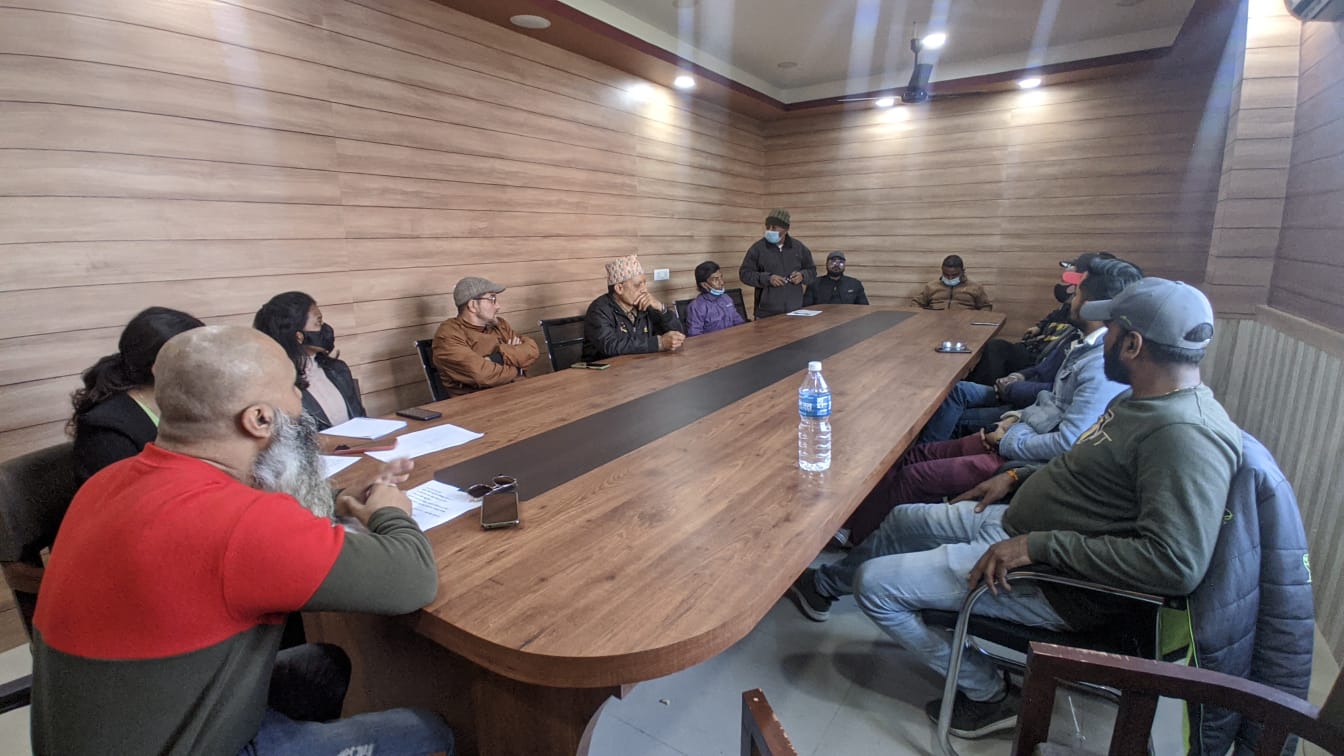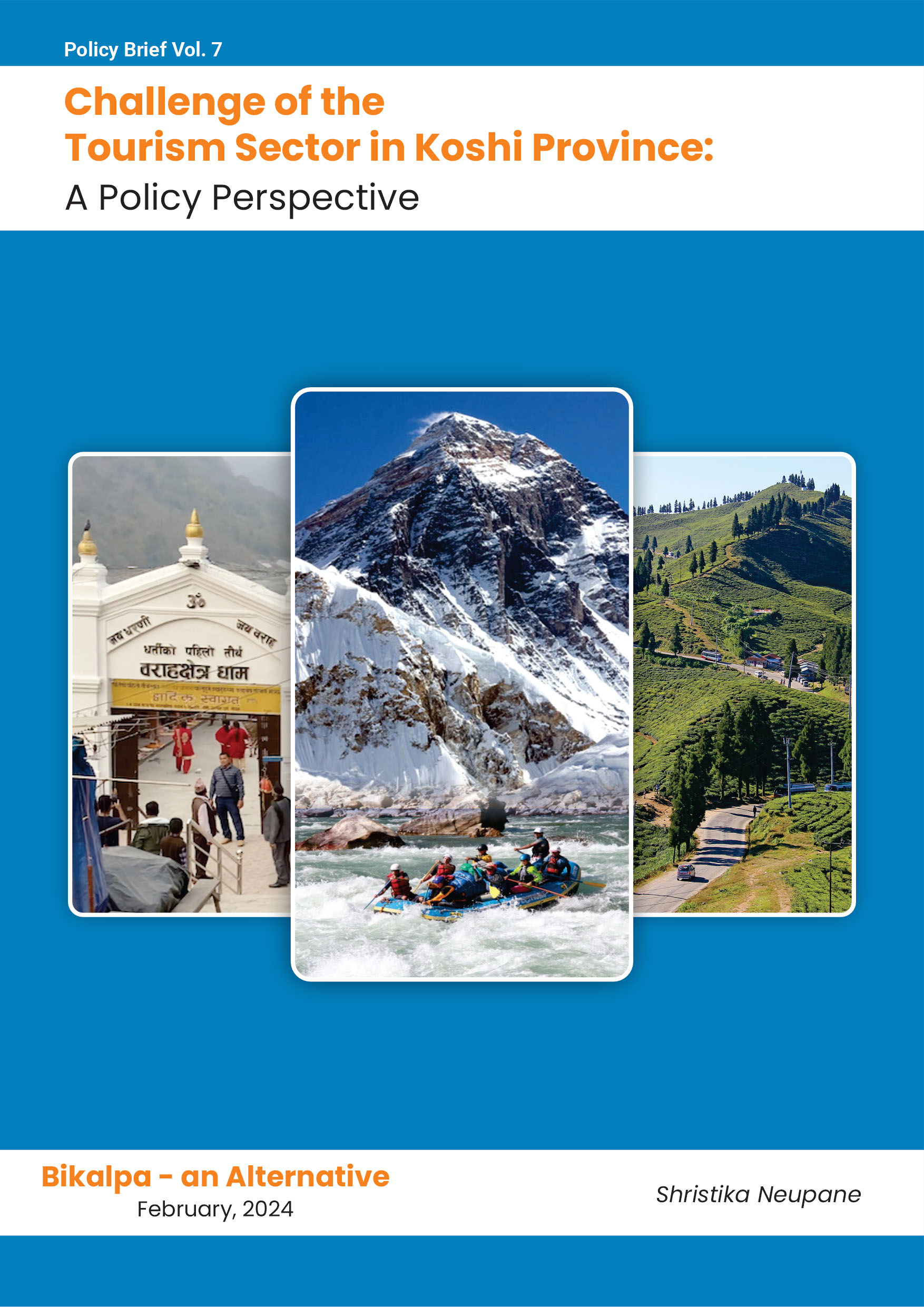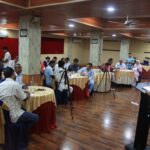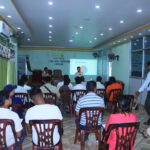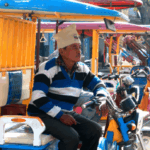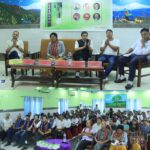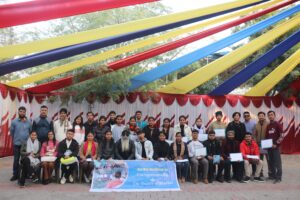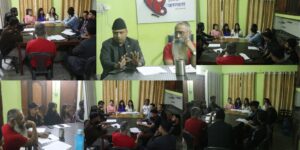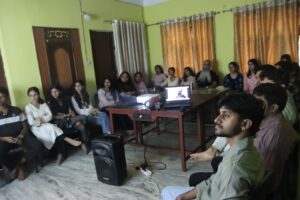Bikalpa-an Alternative conducted a focus group discussion to ascertain the necessary information for the ongoing research on Sewerage Drainage Tax. The event included 22 participants who have been paying sewerage taxes to the Municipality. It was held at the Aims Bakery on the 7th of February, 2022. The program’s main objective was to gather surplus insights from the service-seekers and explore their views on whether the sewerage tax taken by the municipality is justifiable or not.

The participants in the Focus Group Discussion referred to the policy, financial and personal issues concerning the Biratnagar Sewer System that is negatively affecting the life of the residents of Biratnagar. A common view expressed by all the focus group participants is the “Taxation Without Service.” All of the Focus Group Discussion participants were found to be paying sewerage tax without getting the service. Participants showed their grievance on Municipality for not addressing the taxation issues even after multiple delegations and discourses with Mayor and Municipal officers.
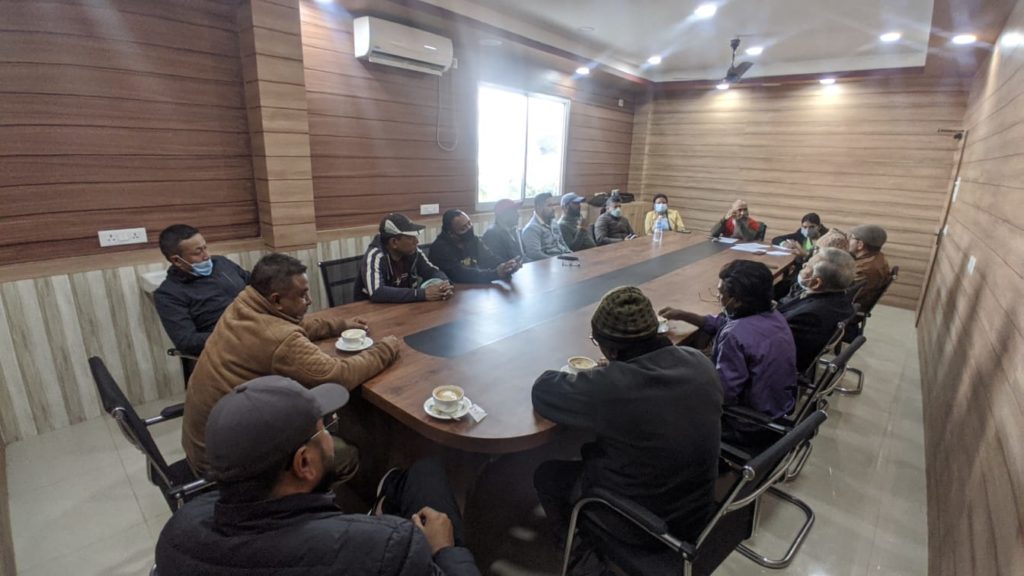
The initial phases of the discussion included the house sewage pipe not being connected to the manholes of the chamber. It costs a huge amount of personal expenses to link the house sewage pipe to the manholes. The participants expressed that they already have a septic tank in their house, which was constructed by paying the heavy sums; thus, they should be given choices to connect the house to the sewage chamber. It is unnecessary to compel the citizens to join the house sewage to the chamber as they have properly managed the septic tank according to the guidelines of the government. Also, the municipality is showing reluctance to take property tax without paying sewerage tax. They opined that this assertiveness of the municipality is exploiting the individual liberty of the residents of Biratnagar.
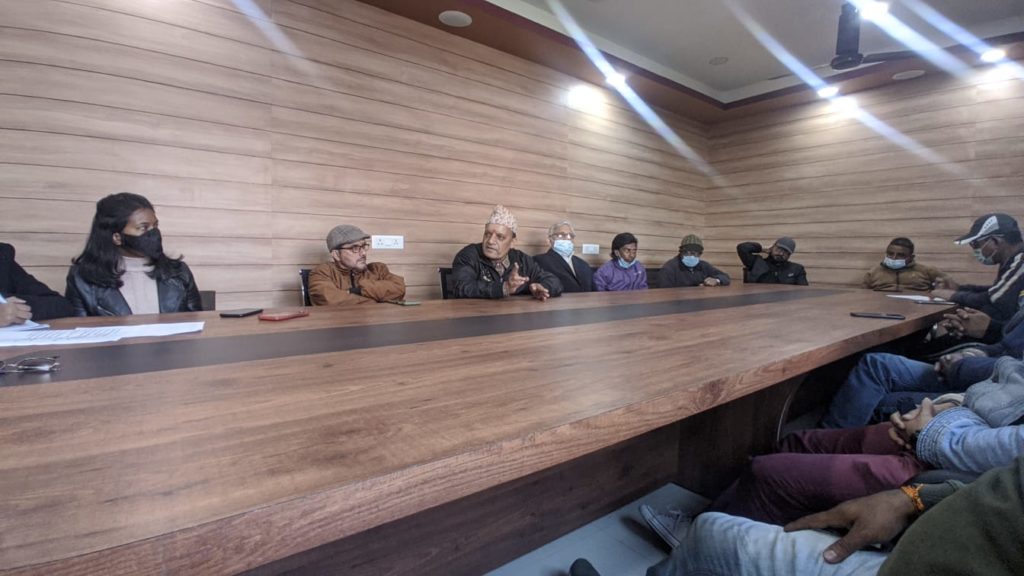
The second phase of the Secondary Town Integrated Urban Environment Improvement Project (STIUEIP) is currently running; the first phase Regional Urban Development Program (RUDP) has already been completed with a budget of around 700+ million which placed chambers on only 6 wards of Biratnagar. Some of the participants highlighted that the project lacks transparency and put questions on the project’s sustainability.
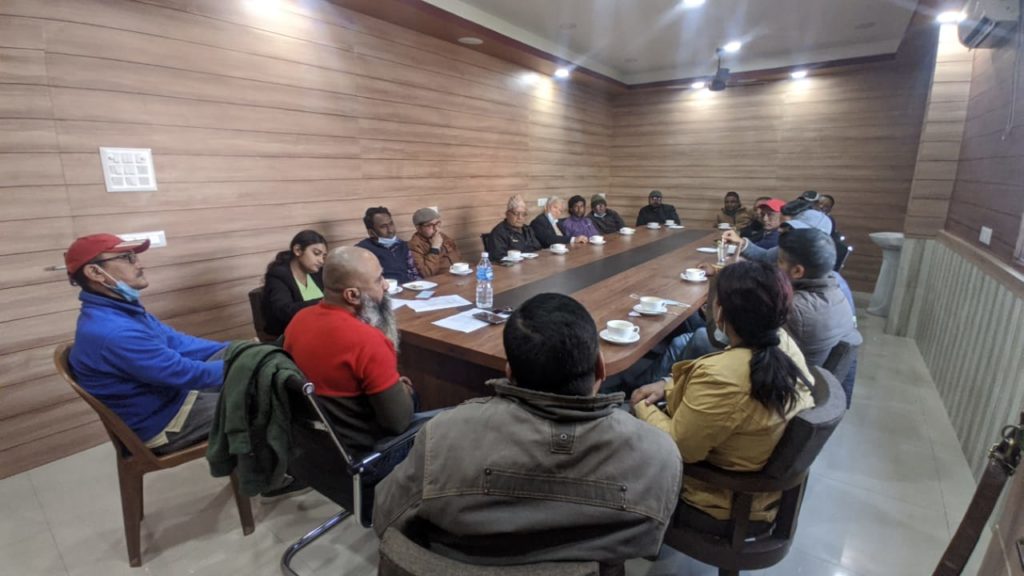
Previously, Civil society members stopped the work in many places like Panchali, Puspalal chowk and also complained to the concerned authority, but their problem remained unheard. The discussion called attention to the possible chances of health hazards due to leakage of pipes and blockage of the chamber. Likewise, many uncovered chambers lead to accidents, and a tipper even submerged in the road at Biratnagar 10.

Similarly, participants largely agreed that practically, there are numerous technical faults in this project which can lead to the failure of this project in the coming days. The main issue raised was the lack of trust in the governance and technicality of the project. It is due to this reason the participants are showing unwillingness to connect their house to the chamber. Few participants from the Hotel Association said that this ADB loaned project of the municipality has been creating a tax burden on the people in business. The ward office has been collecting 3000-30000 Rs from the service-seekers as sewage consumption fees without completing venture work. The absence of Public- Private Partnerships in the project was also raised by the participants.
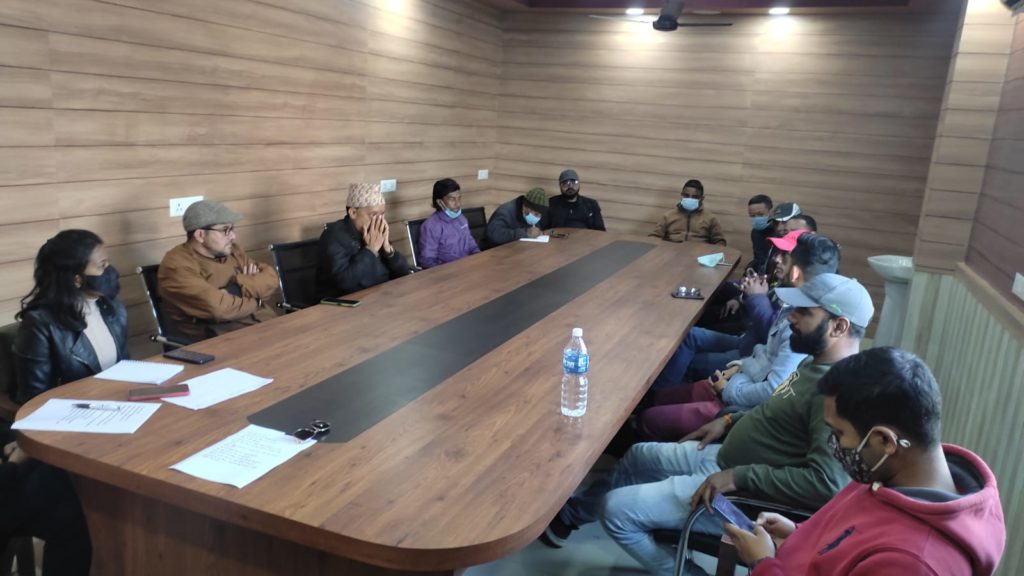
The way forward suggested by the participants were:-
- The Municipality should amass Sewage Consumption tax only after giving services.
- The Municipality should reconsider the mandated criteria for levying sewage consumption tax (for now tax is amassed according to the square feet of the house).
- The municipality should create a trustworthy environment so that citizens show inclination towards this project.
- The new house construction should only come under this tax policy criteria. The old house should be given a choice to connect the house sewage to the chamber.
The discussion ran for an hour and half. It concluded with the note of creating a future discourse on this subject matter including the stakeholders from the municipalities and the government sectors.

